Natural Remedies, Do They Work? Natural Remedies, Do They Work?On 09.03.09, In All Products, by admin
There is a lot of suspicion and controversy surrounding the topic of herbal remedies. This is somewhat surprising, given the number of scientific studies showing that many herbal remedies do have beneficial effects. In certain cases they work as well as, or even better, than conventional therapy. When considering herbal remedies, take into consideration the following points and make your own mind up as to their efficacy. Continued... There is a lot of suspicion and controversy surrounding the topic of herbal remedies. This is somewhat surprising, given the number of scientific studies showing that many herbal remedies do have beneficial effects. In certain cases they work as well as, or even better, than conventional therapy. When considering herbal remedies, take into consideration the following points and make your own mind up as to their efficacy. Time to Take Effect Herbal remedies do not usually provide any noticeable benefit immediately. They generally take a minimum of a few days, and often a few weeks, to have provide any relief of symptoms. Many people do not understand this, and cease taking herbal treatments after a day or two, after concluding that they “don’t work”. Unfortunately these people may spread the word to their friends, influencing them away from trying natural health care before they even begin. Appropriate Treatment Not all herbs that are espoused to cure certain conditions have been shown to be effective. There are a lot of old wives’ tales out there that just don’t seem to have any validity. If you’re trying to cure insomnia by rubbing your armpits with a lemon and it doesn’t work you may conclude that natural therpay as a whole doesn’t work. Don’t do this. It is equivalent to throwing the baby out with the bath water. Do some investigation and find tried and tested herbal remedies appropriate to your specific condition. There have been far too many positive scientific findings to ignore this branch of medicine. Quality of Medication Because herabl supplements are generally considered nutritional supplements as opposed to medicines, their manufacture is not as strictly regulated as is the case with conventional medicines. This means that there are a wide range of products of varying quality on the market. Using an inferior product may result in your not obtaining much, or even any, benefit from the herbal treatment, and once again, concluding that it “doesn’t work”. Investigate what products are available before purchasing. Use only the purest forms of herbs that you can find. Use fresh herbs if at all possible. When purchasing pre-made herbal products, such as skin creams and the like, check the ingredients. Investigate the types of herbs used to treat your particular complaint and check the dosage in the product. A tea-tree shampoo might contain just the smallest trace of tea-tree oil, in which case it is not likely to be particularly effective. Other Variables Because herbal remedies are not standardised, different results with different people are common. In addition, any benefit depends largely upon how regularly the treatment is taken (or applied), and can also be affected by the environment in which they are used. A treatment may take longer to provide relief to someone who is typically in a very stressful situation than it would for someone at peace with the world. In conclusion then, don’t give up when you hear that herbal remedies don’t work. They do! And not only do they work, but the advantages of going the natural route to health treatment are immense. It may take some investigation and experimentation on your part to find the one that suits you best but isn’t your health worth it? Besides post-graduate degrees in biochemistry and immunology, Carol has had a lifelong interest in alternative health therapies. Find out more by visiting [http://www.treatments.net.au] Article Source: http://EzineArticles.com/?expert=Carol_A_Botha Leave a CommentLeave a Reply |
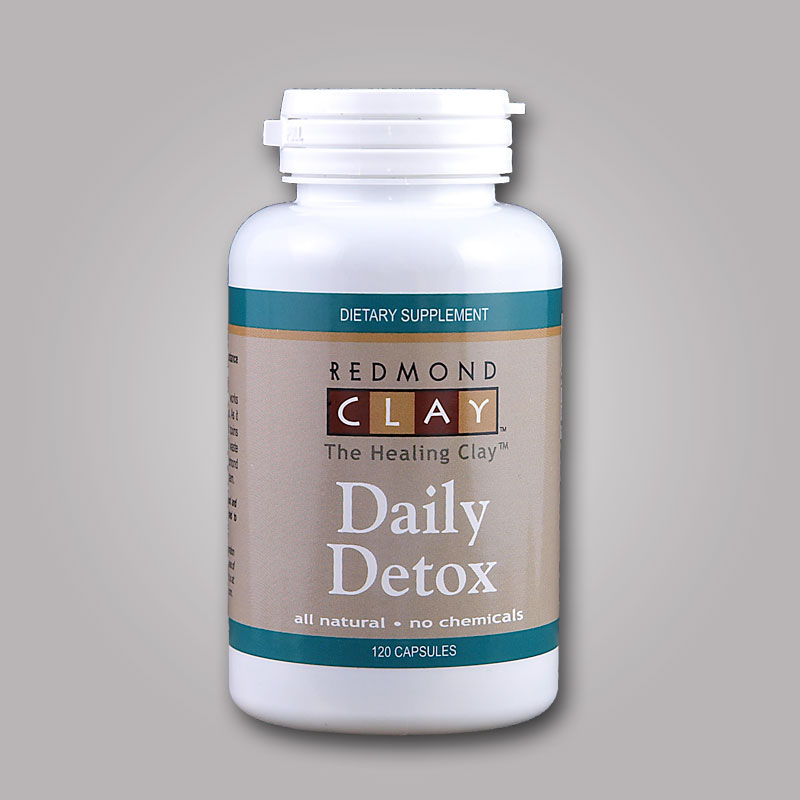
$16.00 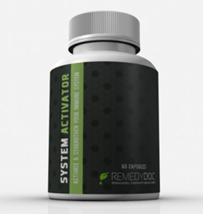
System Activator: Boost Your Immunity $16.95 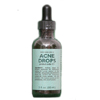
Acne Drops: Remedy for Relief from Formation or Presence of Acne
WAS 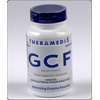
Celiac, Gluten Allergy Aid: Theramedix GCF $25.99 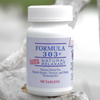
Natural Relaxant: Formula 303 - 90 Tablets
WAS 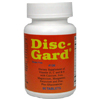
Chiropractor's Choice for Disc Injuries: Disc-Gard $21.00 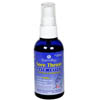
NatraBio Sore Throat Pain Relief $13.99 |